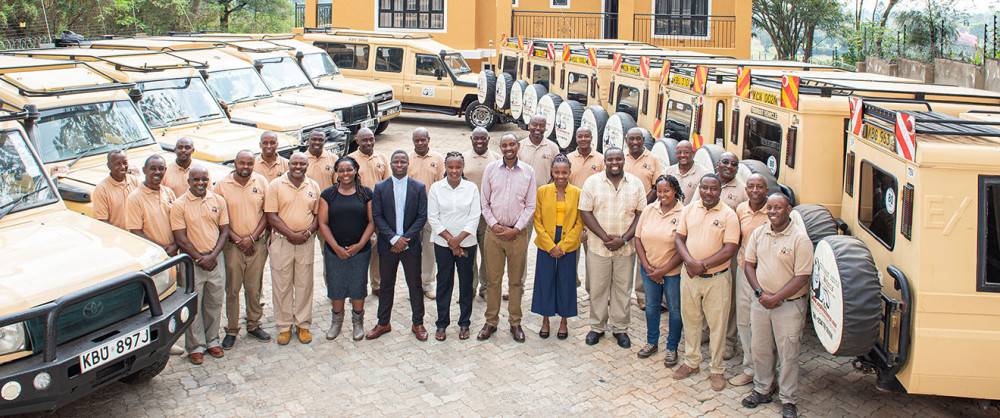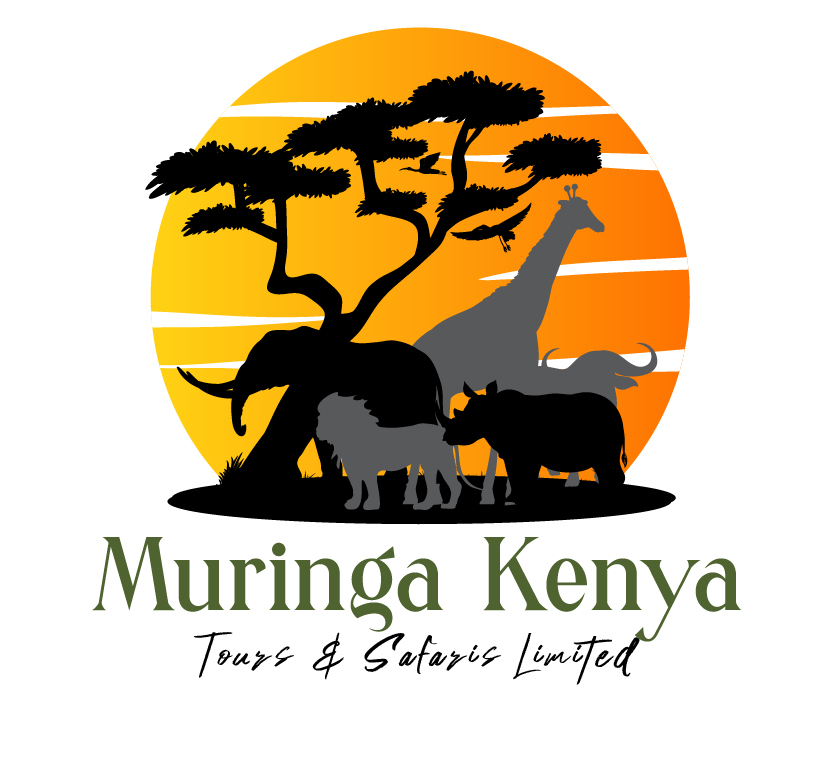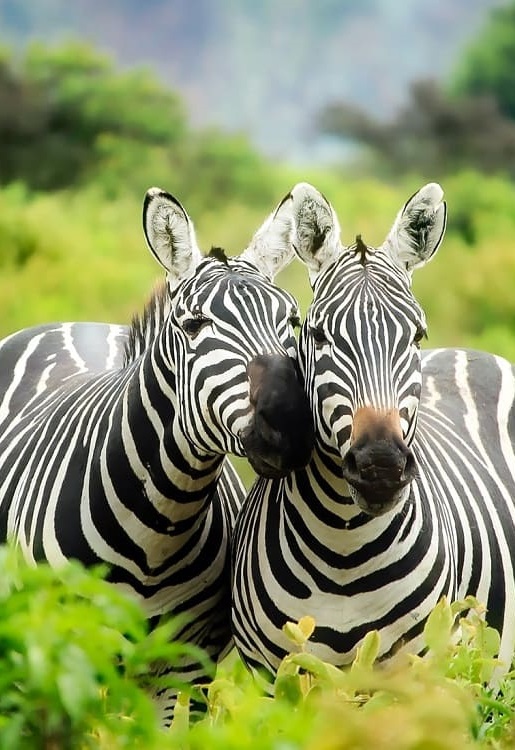Good Advice To Choosing Devil666 Sites
Wiki Article
What Transport Arrangements Should I Be Aware Of Prior To My Vacation In Mombasa Kenya?
Understanding the many options for transportation in Mombasa is crucial to enjoying a pleasant and memorable holiday. These are the most important transportation arrangements you should consider:
1. How to get from Mombasa
Moi International Airport (MBA) Moi International Airport (MBA), the principal airport in Mombasa is located in Moi. It handles international and domestic flights. Mombasa can be reached by several major airlines.
By Train by Train Madaraka, operated Kenya Railways offers a modern railway service that is well-equipped between Nairobi Kenya, Nairobi, and Mombasa.
Bus: Bus services are available between Mombasa in Kenya as well as major cities such as Nairobi and Nairobi.
2. Local Transportation in Mombasa
Taxis and ride-hailing services are readily available in abundance. Uber and Bolt, two popular companies for ride-hailing in Mombasa provide convenient transportation options.
The three-wheeled car is a low cost and convenient way to get around the city. They can be used for short trips.
Matatus are minibuses equipped with a shared driver that are able to travel on a certain path. They are the most popular form of public transport. They are reasonably priced, but they can be crowded, and can be less comfortable.
Boda bodas: Motorbike taxis can be used for fast and efficient travel, particularly in areas with heavy traffic or short distances.
3. Car Rentals
You can rent an automobile at the airport as well as the city. Local and international car rental companies offer a broad selection of vehicles. Make sure to be aware of the local driving rules and regulations.
Service for chauffeurs: For those that do not want to drive yourself, there are chauffeur-driven rental cars available.
4. Ferry Services
Likoni ferry Likoni ferry island with the southern part of the city on the mainland. It is essential for pedestrians to get to the southern beach. Cars have to pay.
5. Excursions and day trips
Tour Operators. A lot of tour operators offer scheduled excursions, such as the Mombasa Marine National Park Fort Jesus and the nearby beach resorts like Diani, Nyali, and Fort Jesus. These tours often include transportation.
Public Transportation: If an independent traveler, a combination of matatus (tuk-tuks) taxis and tuk-tuks can help you get to all the places of interest.
6. Walking and cycling
Some areas offer bicycle rental, particularly on beaches.
Walking is possible throughout Mombasa. Especially in the Old Town or along the beach.
7. Travel Tips
Avoid public transport after midnight, and select only trusted taxi services. Make sure you take care of your possessions.
Negotiation: For taxis as well as tuk-tuks, negotiate the fare before you begin your journey, as meters are not commonly utilized.
Traffic: A lot of traffic is expected during peak hours around the Likoni Ferry, central business district, as well as other areas.
If you are aware of the various transportation options available and make all the arrangements required, your vacation will be stress-free. Check out the top taxi in mombasa for more recommendations including african safari africa, tour firms in kenya, mombasa safaris kenya, safari company kenya, kenya tourism, tour and travels, tours and travel company in kenya, tour mombasa, safari and tours, kenya safaris and tours and more.

What Is The Cultural Sensitivity I Need To Be Aware When Traveling In Mombasa Kenya To Take A Trip?
The importance of cultural sensitivity is paramount when you travel to Mombasa Kenya to enrich your experience. Here are some considerations to make:
1. Please adhere to local dress codes.
Mombasa is home to a substantial Muslim number of Muslims. In public areas or places of worship, as well as in the areas of the neighborhood, it is crucial to dress in a modest manner. This means you must be sure to cover your shoulders, chest, knees, and legs.
Beachwear. While it's acceptable to wear a swimsuit on the beach itself however, it is recommended to be sure to cover your skin before leaving the beach and going to nearby shops or restaurants.
2. Religious Sensitivity
Visiting mosques. When you visit a mosque of worship, you must first seek permission. It is also recommended to dress modestly. Women are advised to cover their heads. All visitors should take off their shoes prior to entering.
Be aware of prayer times. Especially if there is a mosque nearby, be mindful and considerate.
3. Photography Etiquette
Permission is always required before photographing, particularly in rural and traditional settings. Some people may be uncomfortable or think it's an intrusion.
Restricted Areas - Do not take pictures of sensitive areas like military installations and government structures.
4. Social Interactions
Salutations: It's important to greet people courteously. In Swahili one of the most popular greetings is "Jambo". For Muslim women, it is considered appropriate to wait until they open their hands or to greet in a formal manner.
Your Space - Be respectful of your own space and do not touch anyone, especially if you are in a secluded setting.
5. Cultural Norms Taboos
Public Displays In general, it is considered inappropriate to display the affection of a person in public.
Left Hand Usage - Traditionally, the left hand was considered unclean. Use your left hand while eating, wishing people well, or exchanging money and products.
Feet: Showing your feet or pointing at anyone with your feet can be considered to be disrespectful.
6. Language and Communication
Basic Swahili. Learning a few Swahili phrases and words will help you to build trust with the locals. Other phrases of common use include "Asante", (thank you) as well as "Habari", (how are you?). ).
Politeness: Make sure you are polite and patient in your communications. Kenyans respect and value respect for interactions with others.
7. Follow local customs
Respecting the traditions of your culture Respecting the traditional ceremonies and customs. If you have been invited to attend a local celebration, be aware and be respectful of your hosts.
Bargaining is a common practice in local markets and shops. However, it should be conducted with respect and humour. It is a cultural tradition rather than an aggressive one.
8. Alcohol and Smoking
It is easy to get alcohol and should be drunk in a discreet manner. This is particularly true in areas that have a large Muslim population. Avoid drinking in public.
Smoking is usually not permitted in public spaces. Smoking zones are often identified.
9. Environmental Respect
Recycling: Make sure to dispose of waste in a responsible manner and be mindful of not littering. Be respectful of wildlife and nature.
Conservation: Help conserve the environment by respecting wildlife and local habitats. Beware of buying products made that contain endangered species.
10. Assisting Local Communities
Local Businesses: Help support the market in your area, the local artisans, as well as local businesses, to boost the local economy.
Responsible Tourism: Select eco-friendly, community-based and tourism alternatives that benefit the local population.
You can increase your understanding of local culture by following these guidelines for cultural sensitivity. Read the top rated park funzi for more examples including mombasa safari packages, tours and safaris in kenya, tours & safaris, africa tours and safaris, facts about kenya, kenya travel, africa tours, mombasa tour companies, safar kenya, kenya safari tours and more.

What Environmental Responsibilities Should I Be Aware Of During My Time In Mombasa Kenya?
It is essential to take care of the environment when holidaying in Mombasa. This will help preserve the beauty and diversity of this region. Here are a few key environmental responsibilities that you must be aware of
1. Sustainable Accommodation
Eco-friendly hotels: Choose a hotel that practices sustainability. Find eco-labels, certifications and certifications, like Ecotourism Kenya.
Participate in hotel initiatives that promote conservation of water and energy. Reuse towels and sheets, and turn off air conditioning and lights when they're not being used.
2. Responsible Wildlife Viewing
Be respectful of wildlife. Keep your distance to animals in order not to disrupt them. Follow the instructions provided by the guide.
Avoid Feeding Wildlife: Feeding animals can disturb their natural diet.
Do not litter in wildlife reserves. Bring all of your garbage along with you, and then dispose of it properly.
3. Plastic Reduction
Reduce your use of plastics by avoiding single-use plastics. Carry a reusable mug, bag, or an utensil.
Support local initiatives in your area. Participate in local beach clean-ups or join organizations that help lessen the impact of plastic pollution.
4. Water Conservation
Mombasa is suffering from water shortages. Take shorter showers and shut off the faucets whenever you're not in use.
Make use of eco-friendly and biodegradable toiletries To reduce water pollution make sure you use eco-friendly and biodegradable toiletries.
5. Energy Conservation
Reduce Energy Consumption. Reduce the usage of of air cooling, and disconnect any electronic device when they are not being used.
Support Renewable Energy Select accommodations and tour operators that make use of renewable sources of energy.
6. Sustainable Transportation
Public Transport: Whenever possible make use of public transportation such as matatus or buses to decrease the carbon footprint of your feet.
You can consider using bicycles for short distances. There are some areas that offer eco-friendly tuktuks.
7. Helping to support local economies
Buy local: To support the local community, purchase souvenirs, food items, and crafts from local vendors.
Fair Trade: Select items that have been certified as fair trade in order to ensure that local producers receive a fair compensation.
8. Environmental Education
Learn and share. Learn more about local environmental issues and conservation efforts. Share your knowledge with others to create awareness.
Respect local culture: Learn and respect the traditions and customs of your local community in relation to environmental conservation.
9. Marine Conservation
Responsible Snorkeling and diving: Avoid touching or stepping onto coral reefs. Make sure to protect marine life with sunscreens that are safe for reefs.
Avoid disposing of rubbish into the ocean. Take part in or support marine conservation programs.
10. Ethical Souvenirs
Avoid products from wildlife. Avoid purchasing products made that contain endangered species. For example, tortoiseshell and ivory.
Sustainable Materials: Choose products made of recycled or sustainable materials.
11. Participate in conservation Activities
Think about volunteering in tourism for the community or conservation projects.
Support local non-governmental organizations. Contribute money or support conservation organizations and NGOs in your region to safeguard the environment.
12. Traveling responsibly is a good idea
The size of the group: Traveling in small groups reduces the impact on the environment.
Eco-Tours: Pick tour companies that follow eco-friendly practices and have a commitment to sustainability.
Be aware that these obligations will assist you protect Mombasa's valuable natural resources and preserve the beauty and diversity of the region for the future generation. Follow the top rated kenya mombasa train for website examples including kenya holiday packages, kenya tours, safar kenya, tour agents in kenya, luxurious african safari, mombasa tour companies, mombasa beach kenya, africa safaris and tours, africa tours and safaris, mombasa travel agency and more.
